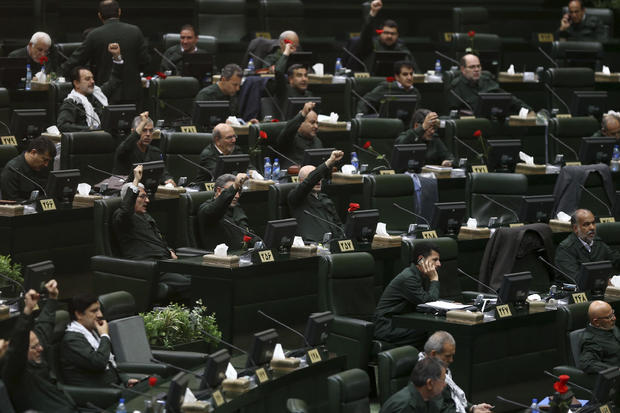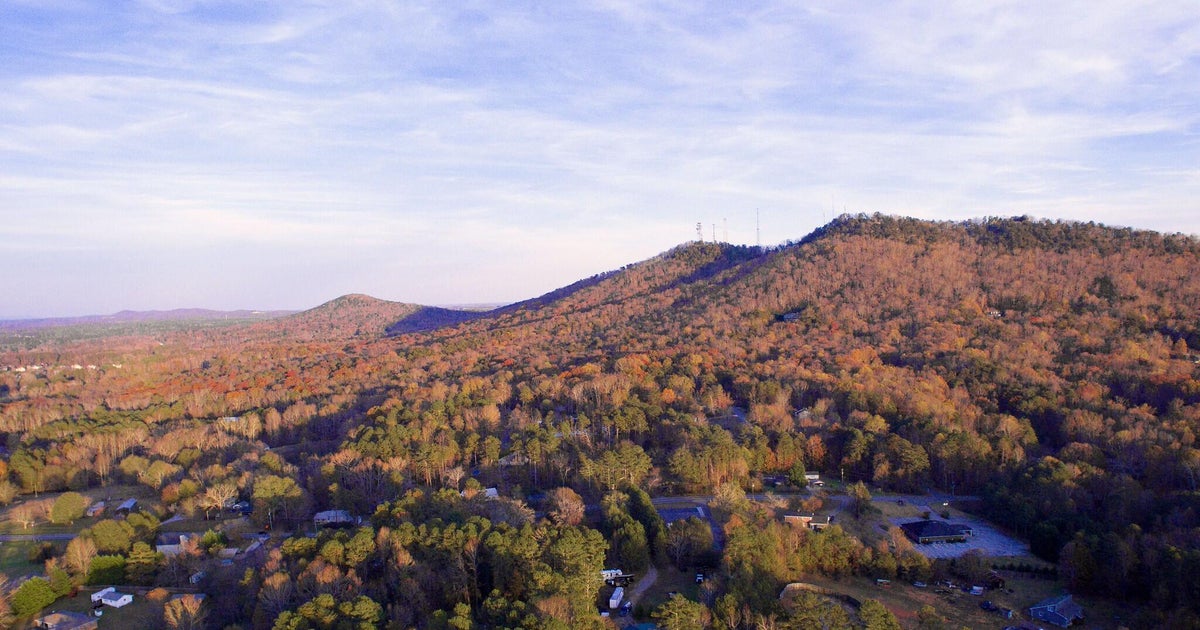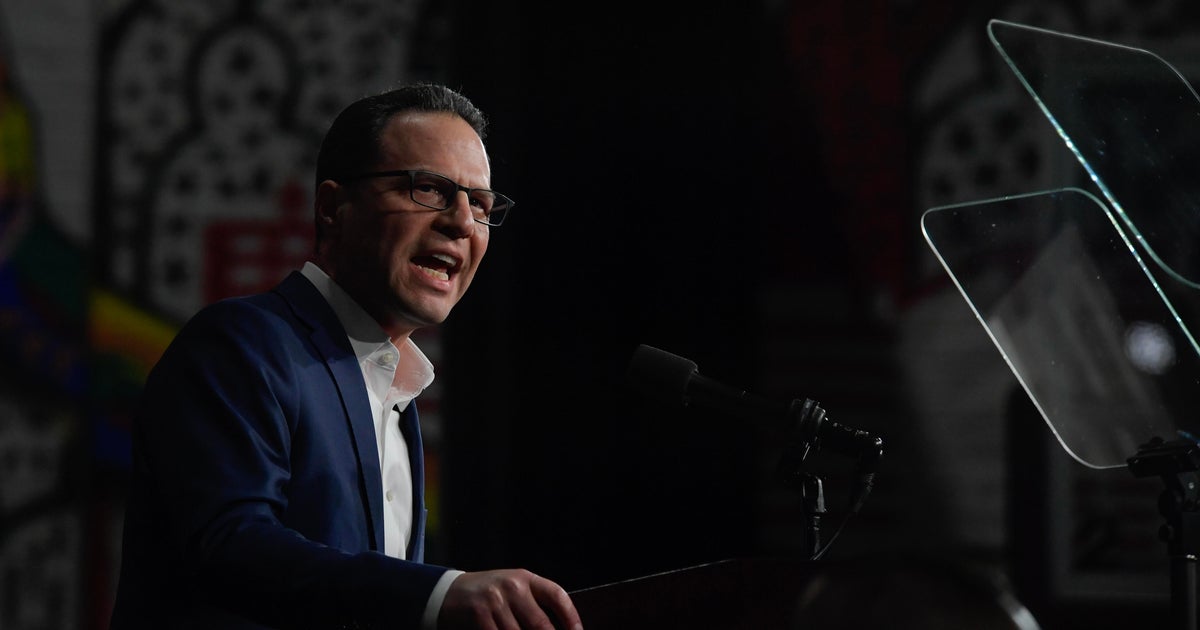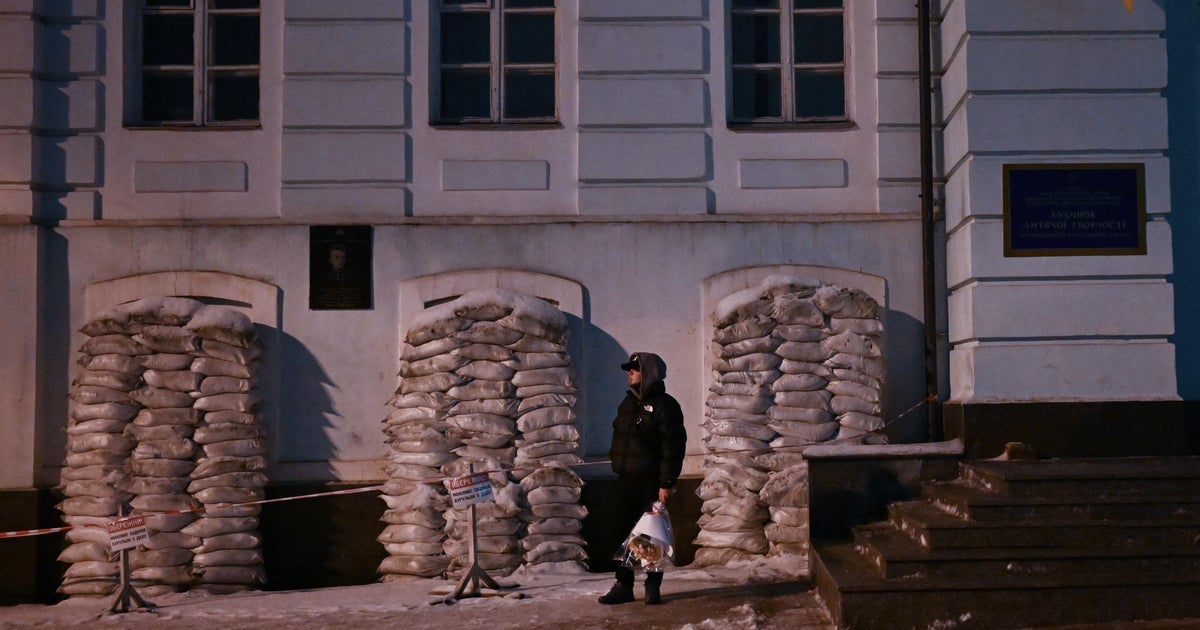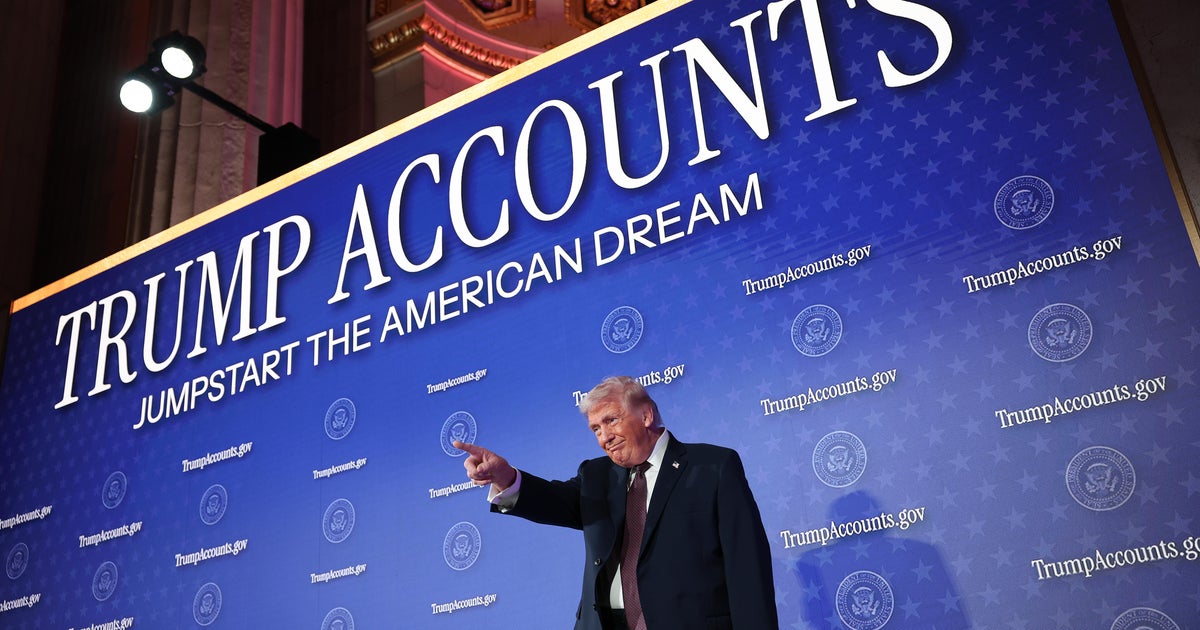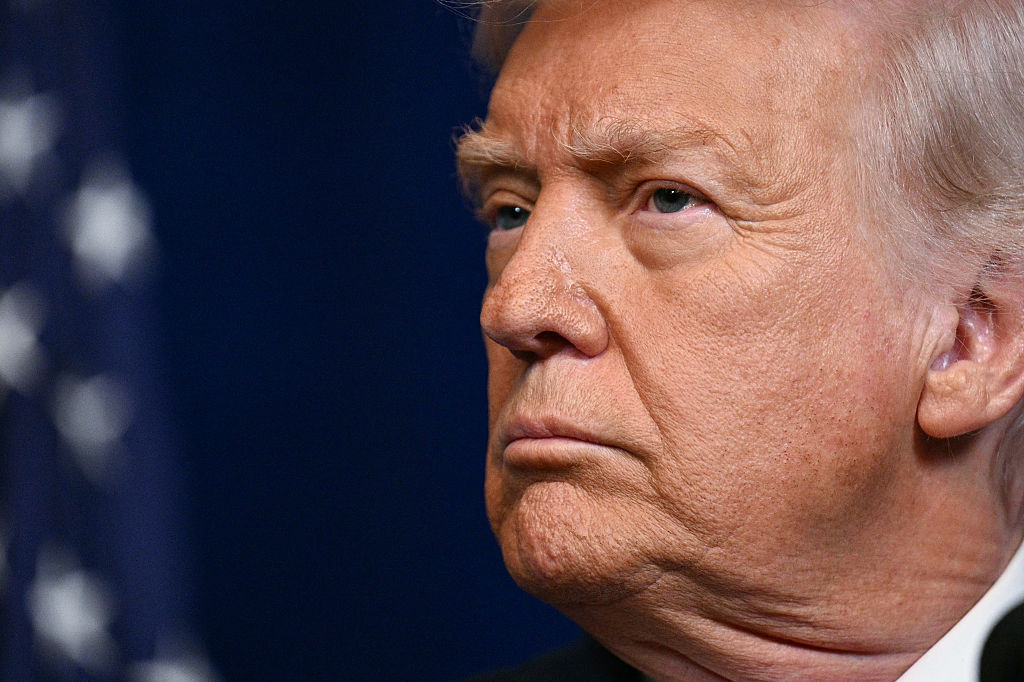Iran slams U.S. sanctions on Revolutionary Guard as lawmakers chant "Death to America"
Tehran, Iran -- Chanting "Death to America," Iranian lawmakers convened an open session of parliament Tuesday following the White House's decision to designate Iran's elite paramilitary Revolutionary Guard a foreign terrorist organization. The U.S. move was an unprecedented declaration against a foreign government, one that could prompt retaliation and make it harder for Americans to work with allies in the region.
Iran's Supreme National Security Council immediately responded by designating the U.S. Central Command, also known as CENTCOM, and all its forces as terrorist, and labeling the U.S. a "supporter of terrorism."
It was the first time the United States has designated an entity of another government as a terrorist organization, placing a group with vast economic resources that answers only to Iran's supreme leader in the same category as al Qaeda and the Islamic State of Iraq and Syria (ISIS).
In Tehran, the semi-official Fars news agency said many of the lawmakers wore the uniform of the guard in a show of support for the force as they convened for a parliament session marking the National Day of the Revolutionary Guard, which follows the lunar calendar. This year it coincides with the April 9 holiday known as Nuclear Day.
Parliament Speaker Ali Larijani denounced the U.S. decision as the "climax of stupidity and ignorance." Supreme National Security Council's spokesman, Keivan Khosravi, said that going forward, "any unusual move by American forces in the region will be perceived as the behavior by a terrorist group." He did not elaborate.
The "Death to America" chants in parliament were nothing new. Iranian lawmakers and protesters often use the refrain after a perceived slight by Washington, and just a couple months ago the country's supreme leader Ayatollah Ali Khamenei suggested it was not aimed at the American people, but their leaders.
State run press lashes out
Iranian newspapers, all of which are subject to strict government controls and function, to varying degrees, as mouthpieces for the Iranian regime and its institutions, carried reports of the U.S. move along with bellicose commentary on their front pages.
The Guard-affiliated Javan daily said any attack on Revolutionary Guard (IRGC) bases and facilities would be "recognized as a right" for Iran to respond.
The hard-line Kayhan newspaper said it gave Iranians "permission" to kill American military personnel.
State-owned IRAN daily went a step further, saying the U.S. move was a "designation of the entire Iranian nation" as terrorist.
Even the pro-reform Shargh daily described it as "the last card" of President Donald Trump against Iran.
Mr. Trump last year pulled America out of the 2015 nuclear deal between Iran and world powers and re-imposed harsh sanctions on the country, mainly targeting Iran's vital oil sector.
The U.S. decision, and risks
On Monday, U.S. Secretary of State Mike Pompeo said the designation of the Revolutionary Guard was intended to increase pressure on Iran, isolating it further and diverting some of the financial resources it uses to fund terrorism and militant activity in the Middle East and beyond.
Pompeo accused the IRGC of being responsible for the deaths of hundreds of American service members. He said that "the blood of the 603 American soldiers" believed to have been killed by Iranian-sponsored groups during the Iraq War is on the hands of the IRGC.
Asked about the timing of the announcement, special U.S. representative to Iran Brian Hook said it was done because, "it's the next step" in the administration's maximum pressure campaign. The goal, according to the administration, is to make Iran's economy "radioactive" so that businesses in Europe and around the world will come to the conclusion that dealing with Iran is simply not worth the risk.
CBS News "Face the Nation" moderator Margaret Brennan reported that White House officials, including National Security Adviser John Bolton and Pompeo himself, had been arguing for the designation for some time. The Pentagon, however, had voiced concerns about the designation given the close proximity of U.S. troops in Syria and elsewhere in the region to Iranian forces.
The designation complicates a delicate balance for U.S. personnel in at least two other key countries; Iraq and Lebanon. Iraq has prominent Iranian-affiliated Shiite militias and its government has strong ties to Iran. In Lebanon, the Iran-backed Hezbollah militant group is in parliament and the government.
